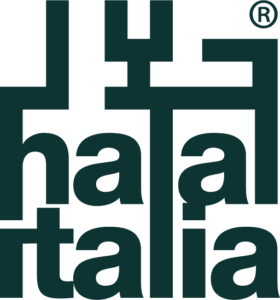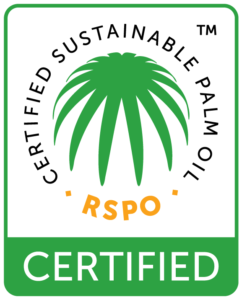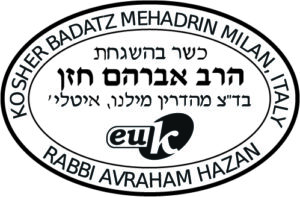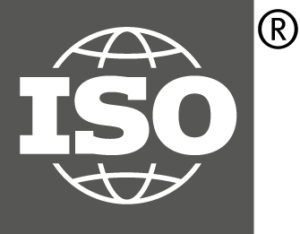Certifications
Certifications are a fundamental element to demonstrate the quality and reliability of a company. Through them, we can guarantee sustainability and compliance with industry regulations and best practices. Let's discover together our main certifications.

HALAL
This certification is the symbol of Islamic religious compliance for certain products, processes, and services, particularly those that are compliant with the rules and religious sensitivity of Muslims. The mark, therefore, has primarily a religious significance, and secondarily a legal and commercial significance.

trademark licence number
2-0365-12-100-02
RSPO
The Roundtable on Sustainable Palm Oil (RSPO) is a global and multi-stakeholder initiative on sustainable certification of palm oil-based products. Members come from various backgrounds, including palm oil growers, producers, financial institutions, palm oil-based product retailers, environmental and social NGOs, and from many countries that produce or use palm oil-based products. The main aim of RSPO is to promote the growth and use of sustainable palm oil through cooperation within the supply chain and open dialogue among its stakeholders.

KOSHER
The word Kosher, which literally means "clean" or "pure", refers to food that has been prepared according to Jewish rules and rituals so that it can be eaten by religious Jews. The Kosher certification, therefore, attests to the compliance of a product as "suitable" according to the criteria and values on which the Jewish religion is based. The "Kosher" certification serves, in fact, to attest to compliance with ethical and sanitary hygiene standards and to identify all those foods that are suitable for the diet of consumers who observe the Jewish faith. The organization oversees production, verifying that not only all the ingredients used in the composition of the food but also the plants and the packaging process comply with the rules of Jewish regulations.

FSSC 22000 FOOD SAFETY
The FSSC (Food Safety System Certification) is a certification scheme focused on ensuring food safety and quality. The goal is to establish and enforce effective food safety protocols. FFSC also conducts educational initiatives to raise awareness about safe food handling. Food safety is a common good and a collective interest, and about that FSSC objective is build consumer trust and confidence in the food industry, creating a healthier and safer food environment.

ISO 9001
ISO 9001 sets out the criteria for a quality management system. It can be used by any organization, large or small, regardless of its field of activity. Currently, there are over one million companies and organizations in over 170 countries certified according to ISO 9001.
This standard is based on many quality management principles including a strong customer focus, the motivation and implication of Management, the process approach and continual improvement. These criteria are explained in more detail in ISO’s quality management principles. Using ISO 9001 guarantee the quality of products and services following official and shared standards.
